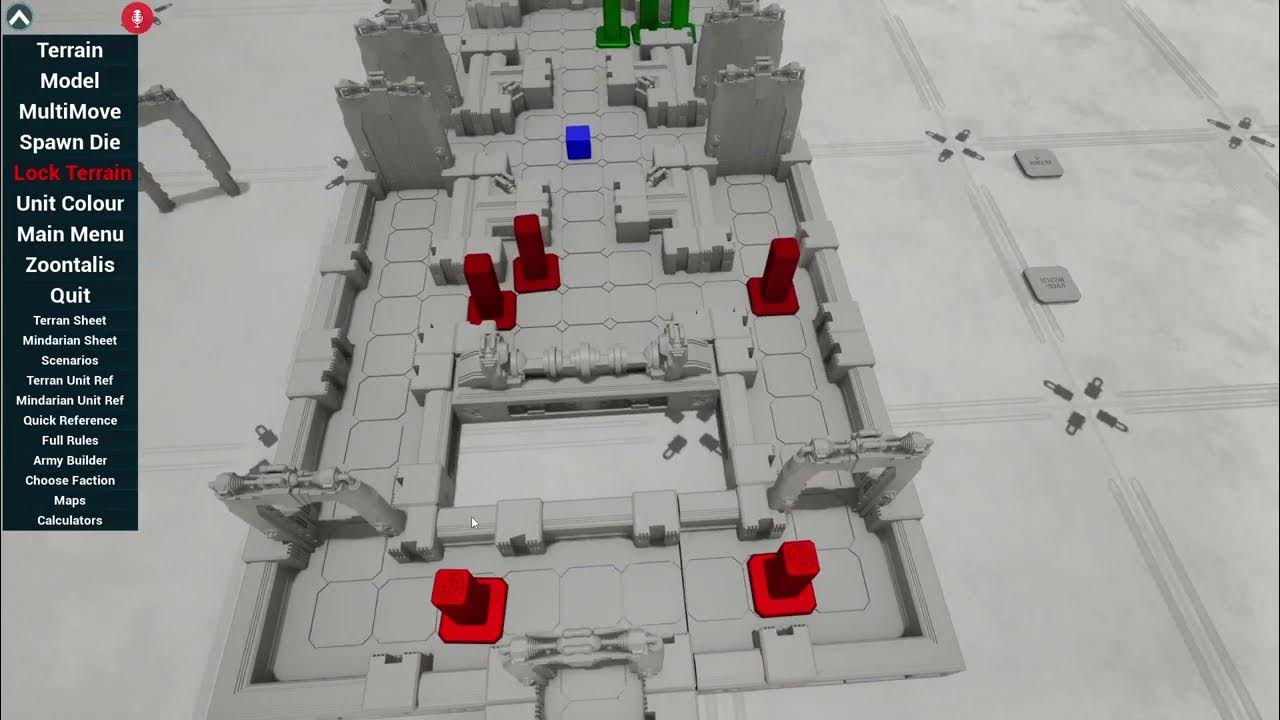

The worst part is when they geo-block accessibility. Netflix likes to make subtitles regional. In their mind no one ever moves to another part of the world to a country where they aren’t 100% fluent in the language. Doesn’t happen. I’m assuming their execs don’t hire any staff in their mansions that aren’t completely bilingual. You compare this to something like Disney and Apple who have a subtitle list a mile long on every show, Netflix will just heavily region restrict and even restrict subtitle availability by profile language. Lived in Korea, on my english profile Korean subtitles were available. A month after moving to an English speaking country, Korean subtitles disappeared from my profile (on the android TV app, they’re still there in Desktop view, sometimes). A korean profile on the same android TV app? Korean is a choice. Their android TV app just cuts off several subtitle options for no reason.




Yeah, they claim it’s because of ‘local distributors’ to that region not giving them the subtitles, but I know, for example, that Korean movies are 99.5% always released on DVD, even in Korea with English subtitles. Yet in Korea, half the Korean content wouldn’t have English subtitles, yet in other markets it did. Ironic that my spouse and I find it easier to consume Korean content outside of Korea than inside Korea.
You see this on youtube as well. Inside Korea a lot of movies are available through youtube with Korean subtitles embedded on them. They’re cheap too, Often you can get new movies for under $5 (purchased, not rented), older ones can often be around $1. Same movie in another country, no subtitle, or certainly not Korean subtitles. Youtube has native subtitle support and they don’t use it. At least we can VPN into Korean youtube and purchase things.
Amazon is bad for it. If you go into a show and look at the subtitles some of them are clickable. Meaning it searches by that subtitle language to show you more content that has that language as a subtitle. Problem is their subtitles are regional and they don’t filter based on region. So when you search for Korean you might get 100 results with less than 30% actually having Korean subtitles. But they return the result because they have Korean subtitles in another region. My guess is in the US or Japan as Korea does not have it’s own Amazon region since they don’t operate there.
Disney plays its own games. Extraordinary season 2 is missing most of the Asian subtitles that were available for season 1. So we can’t pick that up even though we enjoyed season 1.
Being a multicultural family and trying to consume content legitimately is exhausting to be honest.